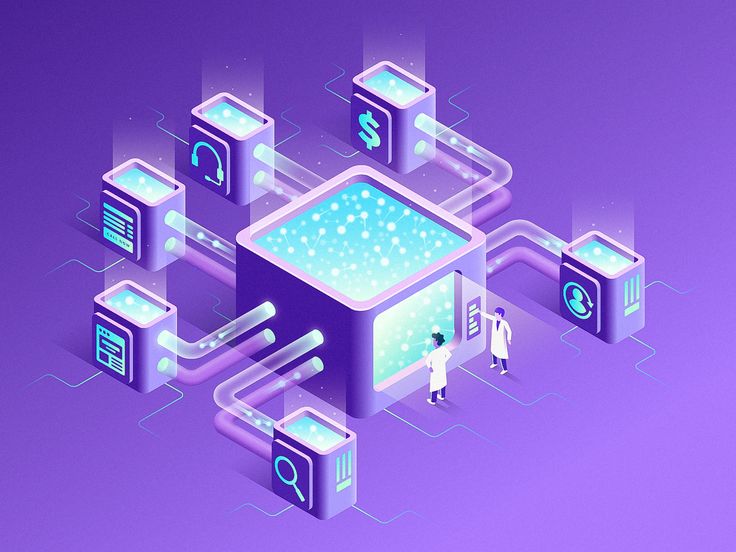Python has become one of the most popular programming languages for data science, and for good reason. Whether you are a beginner exploring the field or a seasoned professional, Python offers a wide range of benefits that make it an excellent choice for data science applications. But is Python really the best language for data science? Let’s explore the reasons why Python is highly recommended.
Why Python is Ideal for Data Science
1. Ease of Learning and Use
Python has a simple and readable syntax, making it easier for beginners to learn and apply in data science projects. Unlike other languages, Python allows users to write clear and concise code, which is crucial for data analysis and modeling.
2. Rich Ecosystem and Libraries
One of Python’s strongest advantages is its vast collection of libraries specifically designed for data science, including:
- NumPy – For numerical computing and array operations
- Pandas – For data manipulation and analysis
- Matplotlib & Seaborn – For data visualization
- Scikit-learn – For machine learning
- TensorFlow & PyTorch – For deep learning applications
These libraries simplify complex data operations and reduce the time needed for implementation.
3. Strong Community Support
Python has a large and active community of developers, data scientists, and machine learning experts who continuously contribute to its improvement. Online resources, tutorials, and forums make it easier to troubleshoot issues and learn new techniques.
4. Integration with Other Technologies
Python seamlessly integrates with big data tools like Apache Spark, Hadoop, and databases such as SQL, making it a versatile choice for handling large datasets efficiently.
5. Scalability and Flexibility
Python is highly scalable and can be used for everything from simple data analysis to building complex machine learning models. It supports multiple programming paradigms, including procedural, functional, and object-oriented programming.
6. Wide Industry Adoption
Python is widely used across industries such as finance, healthcare, e-commerce, and social media. Companies like Google, Facebook, Netflix, and Amazon leverage Python for data science and AI-driven applications.
Are There Any Drawbacks?
While Python is a top choice for data science, it does have some limitations:
- Performance: Python is slower compared to languages like C++ and Java due to its interpreted nature.
- Memory Consumption: Python’s dynamic memory allocation can lead to higher memory usage, making it less ideal for applications requiring extreme efficiency.
- Mobile Development: Python is not the best choice for mobile app development, though it excels in data science and web applications.
Conclusion: Should You Use Python for Data Science?
Absolutely! Python’s ease of use, rich ecosystem, strong community support, and powerful data science capabilities make it a top recommendation for anyone looking to enter or advance in the field of data science. Whether you’re analyzing data, building machine learning models, or developing AI applications, Python provides the tools and flexibility needed to succeed.

